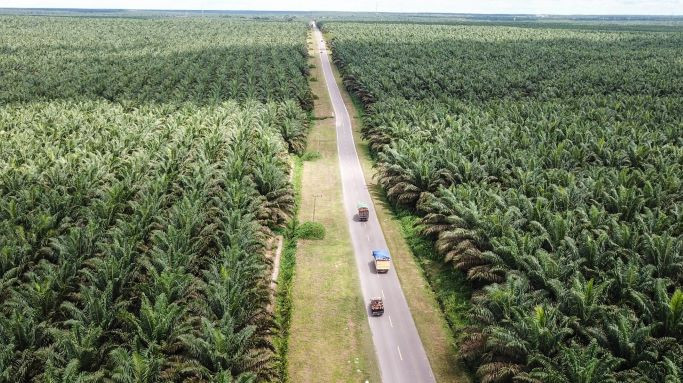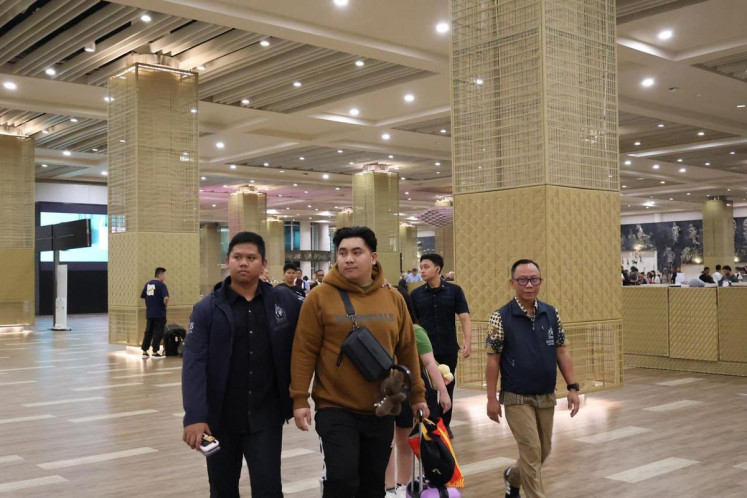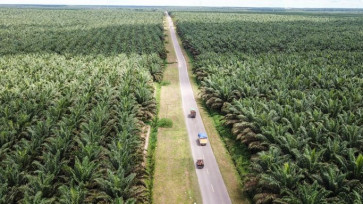Popular Reads
Top Results
Can't find what you're looking for?
View all search resultsPopular Reads
Top Results
Can't find what you're looking for?
View all search resultsDeforestation regulation no ban on a country or commodity, EU says
The European Union says that its upcoming regulation on deforestation and forest degradation is not seeking a ban on a particular country or commodity but a call for a sustainable chain supply that is free from deforestation.
Change text size
Gift Premium Articles
to Anyone
T
he European Union says that its upcoming regulation on deforestation and forest degradation was not seeking a ban on a particular country or commodity but a call for a sustainable chain supply that was free from deforestation.
Henriette Faergemann, First Counselor on Environment, Climate Action and ICT of the EU Delegation to Indonesia, said that the EU deforestation regulation had been proposed amid the accumulated global deforestation provoked by expansion of agricultural land linked to many commodities including those regulated in the EU deforestation regulation.
Commodities affected by the EU deforestation regulation include palm oil, timber, rubber, coffee, cocoa, soy, cattle as well as their derived products.
“We the EU are major consumers of these commodities that are associated and linked with deforestation. Our consumers in the EU are very clear they don't want to contribute to deforestation in third countries any longer,” Faergemann said in a media briefing in Jakarta on Tuesday.
She said that while the EU internally had already reached a political agreement on the deforestation regulation in December, the bloc is currently working on the details of the regulations, which were expected to enter into force in May or June and enter into application for operators and traders 18 months after that.
“What is important for us to point out is that this law is not a ban on any country or commodity from entering the EU market,” Faergemann said, adding that the EU would welcome products that were legally produced in their country of origin and did not cause deforestation based on definitions backed by the Food and Agriculture Organization (FAO).
She said that under the regulation, importers in the EU would have to produce a due diligence statement that looked into their products to find information proving that they were legally produced in the producer country and did not contribute to deforestation after the cut-off date of Dec. 31, 2020, with strict traceability requirements.


















